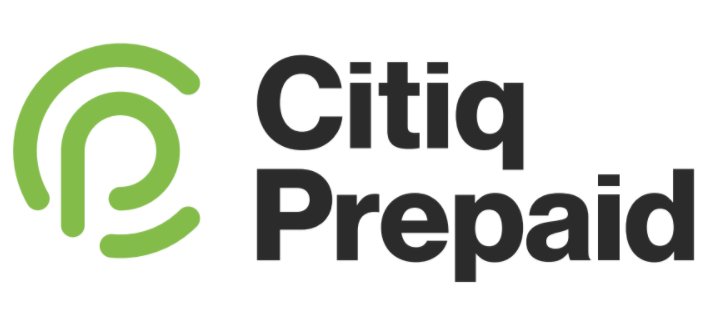South Africa has always been a water-scarce country. However, consistently poor rainfall has now made terms like Day Zero our new normal. Lessons learned from prepaid electricity meters have shown how transparent utility metering can impact consumption – and it doesn’t require property owners to jump through hoops to have the meters installed.
The water crisis is by no means endemic to South Africa. Global demand for freshwater will exceed supply by 40% by 2030. The facts show that we are racing against time to come up with a solution by then. However, South Africa has a more acute need to find a quick solution to the high consumption rate, with Nelson Mandela Bay just one example of a city in danger of running out of water this summer.
Seeing is believing
If there was one good thing to come from the recent water crisis in Cape Town, was the lessons learned by authorities on how to ensure consumption was radically dropped, with locals managing to hit the 50 litres per person per day – a world-first for a large city.
“A reason Capetonians were able to reach the required consumption was that the City published maps where customers could see how much they, and their neighbours, were using on a monthly basis. This spurred them on to reduce their usage and by visualising the consumption data, the City was able to avoid catastrophe,” Citiq Prepaid managing director, Michael Franze explains.
Using prepaid meters puts the data in individual households and front and centre in the minds of the household users. Franze explains how prepaid water meters mimic their electric cousins, and visually sensitise users to consumption.
“Water meters have a lot in common with prepaid electricity meters. Both sit on the main supply line. They both have the means to cut off the supply, should your credits run out. Both have the means to top up supply by purchasing credits, and both have the means to record and reflect how many credits the consumer has at any time. As we saw with prepaid electricity, when customers can see how much they are using, and have to suffer the immediate inconvenience of buying more credits when they run out, they quickly change their behaviour.”
You can’t fight the facts
In estates, prepaid meters allow landlords to subdivide the water they are getting from the municipality to each unit. This then allows a per-household supply with accurate readings and a transparent, online reporting system.
Installation is as simple as calling a plumber to install meters, with no additional permission required from the municipality. Having the usage data available also leads to additional benefits for both landlord and tenant.
“We have seen that one of the results of adopting a transparent system is the cultivation of trust between landlord and tenant with a significant reduction in conflict over billing. This benefit extends beyond the payments of utilities and aids the long-term relationship, leading to longer leases and lower risk for the landlord,” Franze explains.
Prepaid water meters are operated by long life batteries which will need to be replaced from time to time and the mechanical parts require safe installation. However, it is a small price to pay for the benefits of complete control of water measurement and the best means available to actively lower consumption.
“We have seen water consumption drop by as much as 90 percent when prepaid meters are installed. As more and more cities and towns face water restrictions, which often come with heavy penalties for overconsumption, prepaid water meters are the smart short-term solution that will also deliver long-term benefits,” Franze concludes.

